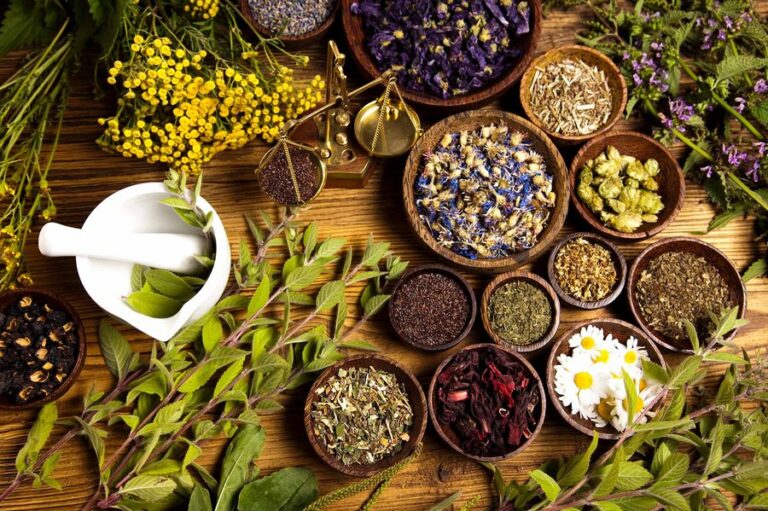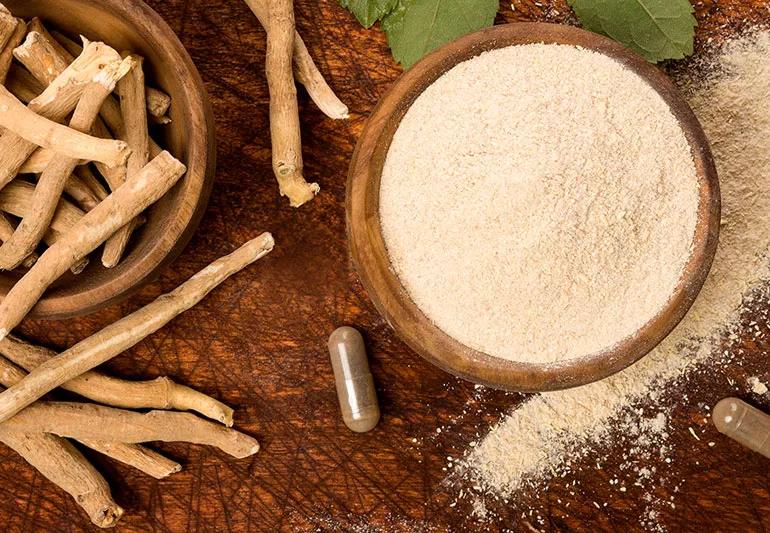The reliability and gentleness of herbal therapies have kept them famous in the face of a profusion of synthetic skincare products. Here, the modern pursuit of healthy, radiant skin intersects with the ancient wisdom of traditional remedies. The secret to everlasting beauty lies in gentle ayurvedic anti-aging herbs, each with its blend of skin-nourishing properties that may revitalise and rejuvenate the skin. On the road to radiant, healthy skin, feel rose hips’ revitalising properties and aloe vera’s soothing effects. Mother Earth’s floral treasures hold the secrets to eternal beauty, and herbal skincare will take you into their depths. Join us as we delve into 16 potent anti-aging ayurvedic herbs renowned for their skin-nourishing properties; together, we will reveal the path to a future when your beauty knows no bounds and ageing is a numerical value.
16 Ayurvedic Anti-Aging Herbs for Glowing Skin
Turmeric (Curcuma longa)
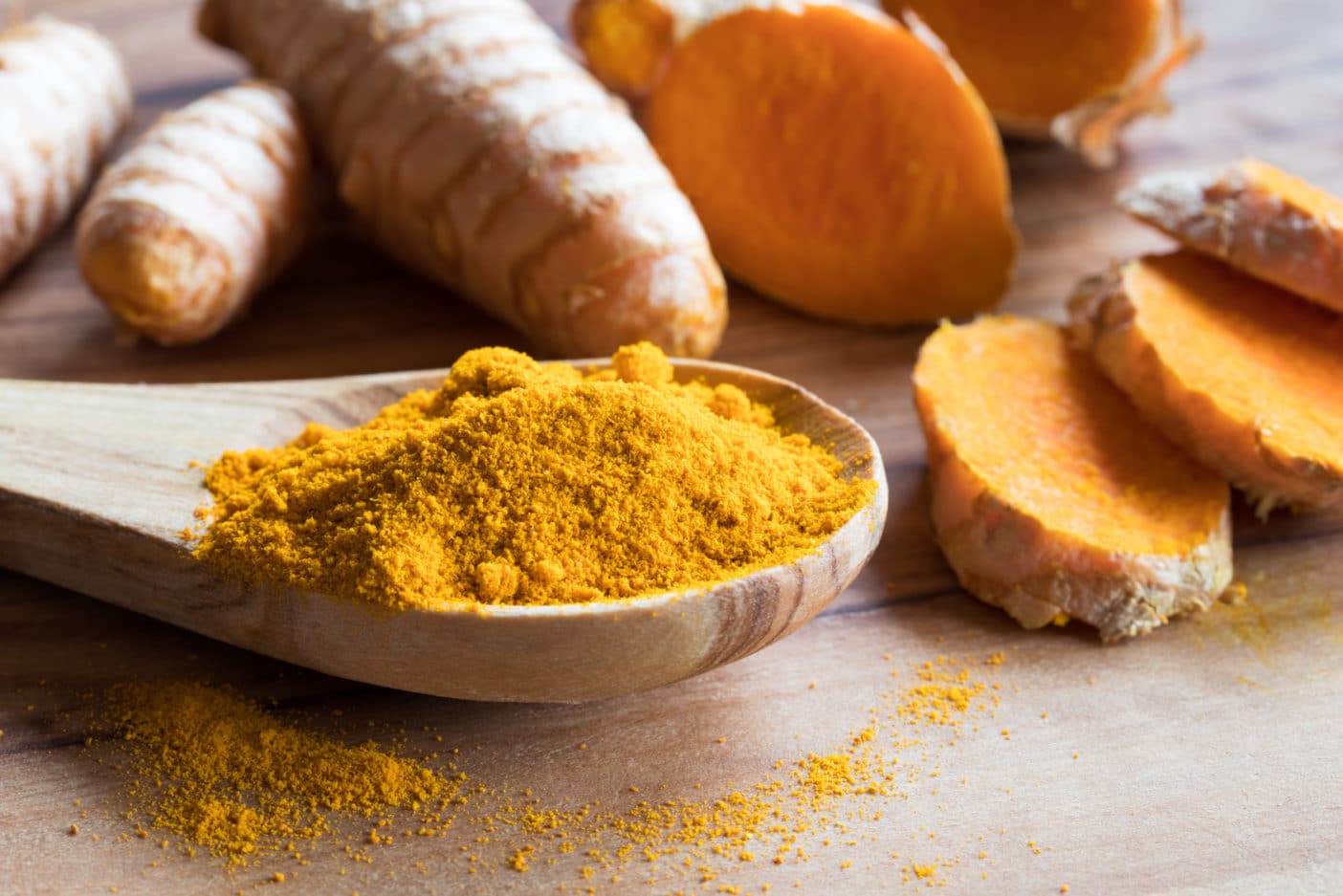
The anti-ageing properties of turmeric, the “golden spice,” are only one of many medicinal benefits of this spice. Curcumin, turmeric’s active component, is an antioxidant and potent anti-inflammatory that shields skin from free radical damage and inflammation. Taking turmeric daily can make your skin seem younger and healthier by minimising the appearance of wrinkles, diminishing the appearance of dark spots, and attaining a more uniform skin tone. Turmeric has the potential to be a powerful anti-aging skincare component, whether you want to use it directly or include it in your DIY face masks.
Ashwagandha
Ashwagandha, a well-known adaptogenic plant, reduces ageing by reducing stress. The presence of antioxidants helps to preserve a young appearance by boosting cellular vigour and eliminating free radicals. The rejuvenating effects on the hair, nails, and skin are just a few of the many health advantages that have attracted many devotees to this Ayurvedic herb. In conclusion, this herb will make your skin seem younger, healthier, and more radiant. The plant’s applications extend beyond its anti-aging and skin-firming capabilities.
Gotu Kola
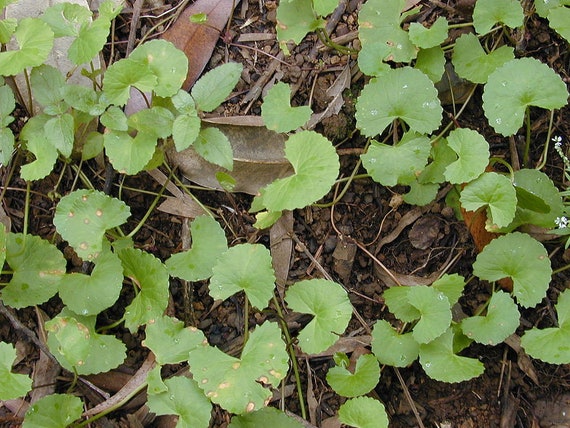
Ayurveda aims to balance the three forces known as Pitta, Kapha, and Vata. This herb can keep your skin from being too greasy or dry. Not only does it reportedly lessen mental strain, but it also reduces anxiety, a proven edema-inducing factor in the aging process. The two most important advantages are a reduction in ageing rates and an increase in collagen production. This is the only vegan choice for nourishing aging skin, as collagen is crucial for young skin.
Amla
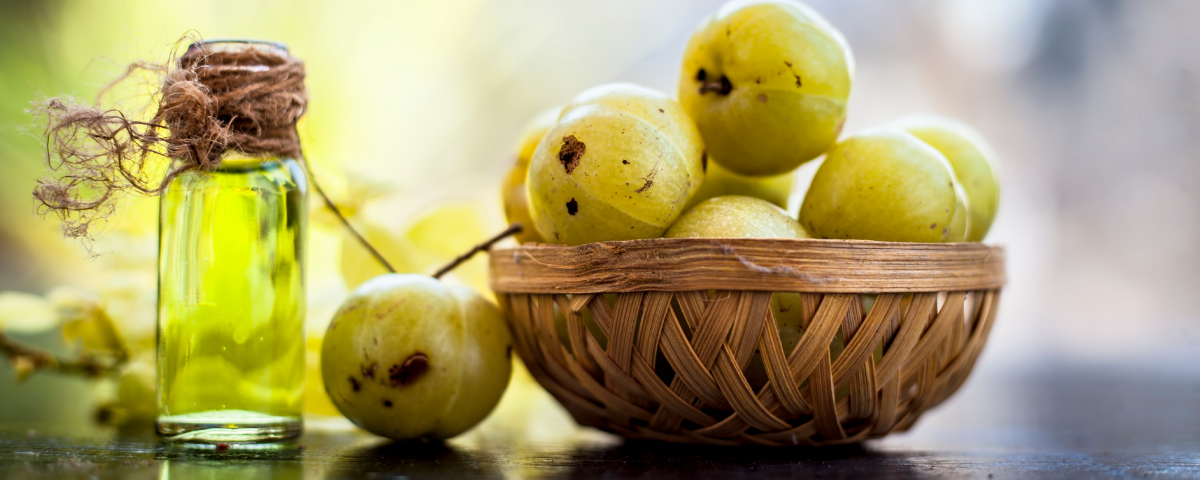
The delicious sweet-sour fruit, rich in anti-aging properties, vitamin C, and gallic acid, is a powerful antioxidant and has been an integral part of Ayurvedic treatment for many years. Vitamin C helps prevent skin infections because it improves cellular health and aids in immune system strengthening, and vitamin C helps avoid skin infections. Gallic acid protects the skin from oxidative stress, which may cause fine lines and dullness. When applied topically to the face, it reduces pigmentation and flaws and eliminates the unmistakable signs of age by oxidising melanin and closing skin pores.
Sandalwood Oil

Sandalwood oil has a long and varied history of use, spanning the culinary arts, personal care, and even medicine. More and more evidence points to its anti-ageing effects on the skin. This review article briefly overviews sandalwood oil, describes it, and discusses how to apply it topically to the skin. It also covers several skin conditions, such as ageing, wrinkles, and poor looks. It leads the article to detail sandalwood oil’s anti-inflammatory and antioxidant properties, cell-regulatory abilities, and capacity to scavenge nitric oxide (NO) on wrinkled skin.
Guduchi/Giloy

The evergreen guduchi plant has leaves that look like tiny hearts. Ayurveda holds that this plant, also known as Giloy, benefits health and longevity, as are many of the herbs we’ve covered thus far. On many occasions, Ayurvedic writers have called Guduchi an “Amrit” or “elixir of life” because of its exceptional reputation. The anti-inflammatory and antioxidant characteristics of giloy make it an excellent herb for enhancing overall health and warding off skin ageing. Like the ascorbic acid-rich Kumkumadi tailam we just covered, the guduchi may hydrate and exfoliate the skin, leading to a renewal of the face and skin. For the best results, try using Guduchi topically as a face pack with rosewater. To do this, mix a teaspoon of powdered guduchi with rosewater to form a paste. Apply this paste on your face and leave it on for 15-20 minutes before rinsing off. This can help with skin renewal and anti-ageing. You may get guduchi juice, powdered guduchi, or giloy at almost any grocery shop. For internal use, consider using Guduchi as a skin detox.
Holy Basil/Tulsi

The antifungal, antibacterial, and anti-inflammatory properties of this old herb, known as tulsi, help reduce inflammation, clear acne, and lighten uneven pigmentation. Thanks to its antioxidant and vitamin A and C content, this plant protects skin cells from free radicals that might cause DNA damage and accelerate aging.
Aloe Vera
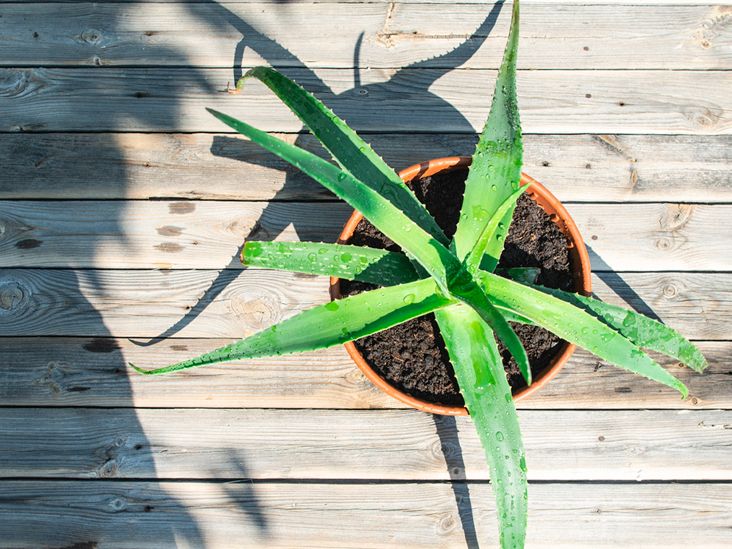
Legend has it that aloe vera, often called the “Plant of immortality,” has anti-ageing benefits recognised for centuries in India and beyond. This herb has several skin benefits, including moisturising and softening the skin. It may even promote collagen production, making wrinkles and fine lines less noticeable.
Chamomile
:max_bytes(150000):strip_icc()/Chamaemelumnobile-03-f99fe24c43ab482686b672f057928c39.jpg)
Because of its anti-inflammatory, antibacterial, and antioxidant properties, chamomile may alleviate skin irritations, lessen the appearance of spots, eradicate acne scars, and combat outbreaks. Additionally, it contains the potent alpha-bisabolol, which may delay the appearance of wrinkles. The plant has a variety of uses, such as making tea or even washing your face with it.
Ginseng

Ginseng has many benefits, including stimulating the skin’s metabolism. These phytochemicals help eliminate free radicals while protecting your skin from environmental aggressors and UV radiation. Ayurveda and TCM use ginseng as an anti-ageing medicine due to the plant’s rejuvenating properties. Ginseng has anti-ageing qualities due to its constituents, which may boost collagen production, make skin softer, and reduce the appearance of fine lines and wrinkles. Because of its anti-inflammatory properties, it also helps calm and soothe the skin.
Ginger
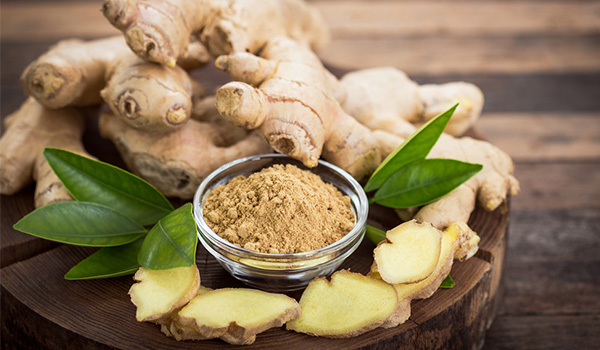
For centuries, this spice has been a mainstay in Ayurvedic and Chinese medicine as a remedy for various ailments; today, it ranks high among the most effective herbs for promoting skin regeneration. There is much evidence that ginger’s cell reinforcement and mitigating properties can slow ageing. Studies have shown that ginger may regulate the formation of free radicals, which are bad for digestion and the skin because they increase oxidative pressure.
Gingko

Natural herbs for a more radiant appearance Due to their many beneficial health effects, this spice has gained much attention. Many people choose ginkgo biloba because of its anti-ageing and memory-enhancing properties. A clinical investigation discovered that Gingko extracts, when applied to the skin, may delay the onset of wrinkles and enhance the skin’s surface by encouraging hydration, skin perfection, and a decrease in roughness.
Horsetail

Shaving grass and female horse’s tail are two names for the same long-lasting spice that contains regular silicon, which may give the impression of younger, more radiant skin. Horsetail has several beneficial compounds, including coenzyme Q10, flavonoids, vitamins E and C, carotenoids, increased collagen production, and the elimination of damaging free radicals.
Sage
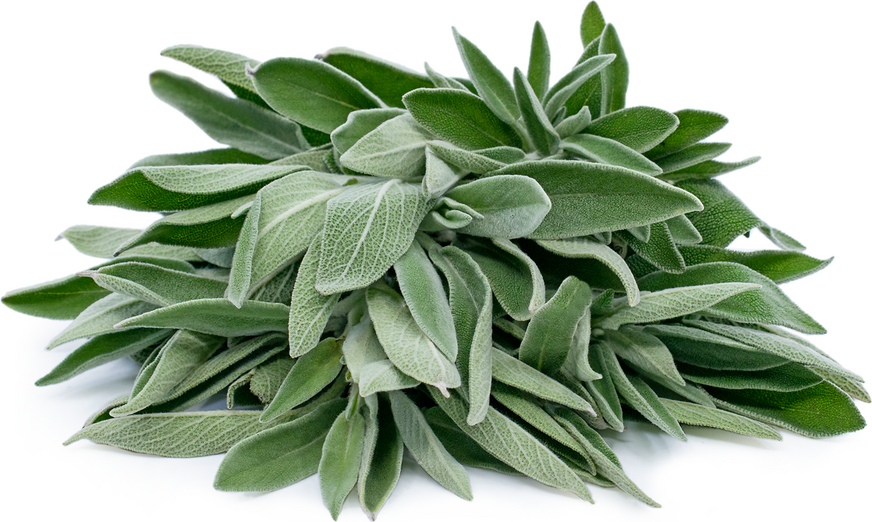
The evergreen sage, which blooms continuously throughout the year, is part of the mint family. Sage is an adaptable element in many cuisines because of its unique perfume and flavour. Scented candles, personal care products, and culinary items use concentrated essential oils derived from this plant’s extracts. Traditional medicine extensively uses common sage for various purposes, including treating nutritional deficiencies (because of its high calcium, iron, and vitamin K content), fostering healthy teeth, and alleviating pain by lowering inflammation.
Bakuchi

Psoralea corylifolia seeds and leaves contain bakuchiol. This plant, also known as babchi, has long been a powerful tool in the fight against disease in Ayurvedic treatment. Its antioxidant characteristics help minimise sun damage and other forms of environmental discolouration. Because of its power against ageing, it also makes wrinkles and fine lines seem much less prominent. Bakuchi is making its way into more and more skincare products due to its many advantages, total naturalness, and lack of skin-harming side effects.
Rosemary

The fragrant evergreen rosemary has a Mediterranean background and is native to Italy, Egypt, France, and Greece. It is a staple in many Italian and other European dishes. Not only can this herb improve the flavour of food and even perfume, but its rich flavour has made it renowned all over the globe. Due to its antioxidant properties, rosemary is a common ingredient in skin care products. Skincare experts typically recommend rosemary oil to fight the outward signs of ageing.
Conclusion
In a world where synthetic medicines seem everywhere, the rejuvenating properties of ayurvedic anti-aging herbs provide hope for those who want radiant skin. As we embrace the gentle touch of nature’s bounty and bid farewell to harsh chemicals, a new era of skincare is taking shape. If you know how to employ botanicals, you can nourish your body and soul with a beauty regimen that lasts a lifetime. In a time when physical appearance is irrelevant, and youth is paramount, try a holistic skincare routine that incorporates both time-tested remedies and cutting-edge science. Achieving youthful, radiant skin is within your reach when you follow the gentle guidance of herbal skincare regimens.

